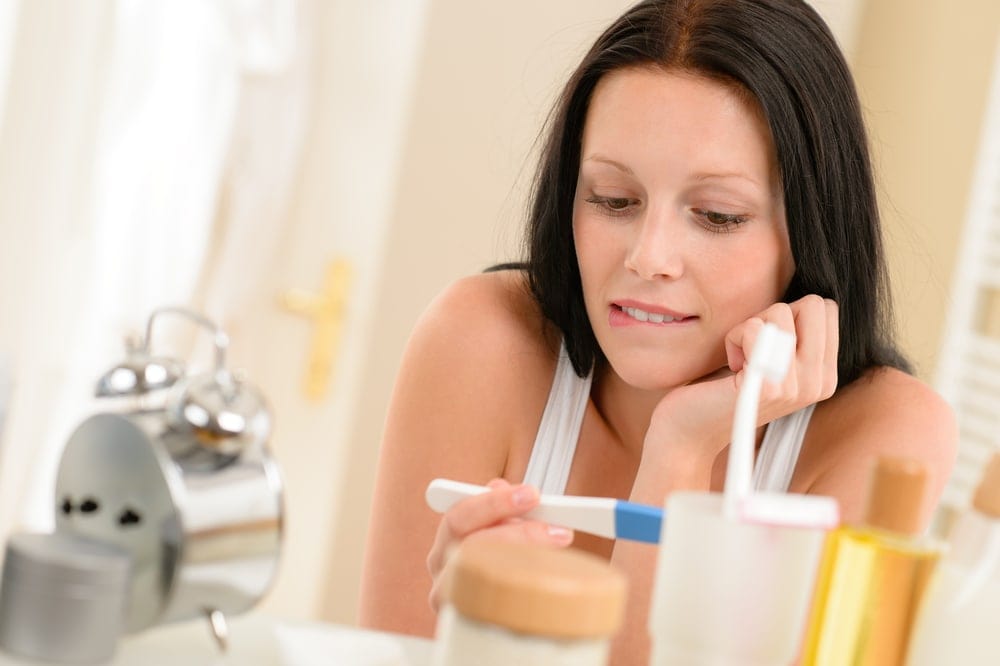Taking a pregnancy test can be filled with excitement for some people, whereas for others it may be a little intimidating. Before you take a pregnancy test, you might check to see if you are experiencing any pregnancy symptoms. A missed menstrual cycle is the most common symptom leading a woman to take a pregnancy test.
How does a test tell if you are pregnant or not?
A pregnancy test detects the presence of a hormone called human chorionic gonadotropin (hCG) in your blood or in your urine. hCG is produced in the placenta shortly after the embryo attaches to the uterine lining and builds up rapidly in your body in the first few days of pregnancy.
How long do I have to wait before I take a test?
Most doctors recommend that you wait until the first day of your missed period before taking a home pregnancy test. A missed period is usually one of the first signs of pregnancy. This is usually around two weeks after conception.
However, some tests are more sensitive than others and can be taken earlier. Concentrations of hCG are reported in milliInternational Units (mIU) or an amount equal to 1/1000th of an IU per milliliter. A pregnancy test with a sensitivity of 20 IU/L is more sensitive than one with 50 IU/L.
A blood test administered by your doctor is more sensitive than the early home tests and can be taken between 7 and 12 days after you conceive. However, it is possible that these tests can be done too early and show a false negative result. If you receive a negative result and still do not start your period, another test should be done.
How accurate are home tests?
Home tests are very accurate (around 97%) when used correctly. Some kits come with two tests because mistakes do happen. If you take a test too early, you may get a false negative (when the test says you are not pregnant but you are).
Your body needs time for the hormone to rise to a high enough level to be detected in a test. If the test comes back negative but you still think you could be pregnant, wait a few days and test again.
False positives (when the test says you’re pregnant but you’re not) are possible but rare. A positive pregnancy test is a pretty good indication that you are pregnant.
Do you want to get pregnant?
Our Ultimate Fertility Resource Guide provides the information you need on fertility, tips on how to get pregnant faster, and how to boost fertility through sometimes simple tweaks to your lifestyle and approach. The guide is easy to read and meant for anybody wanting to increase their ability to conceive. It’s a free download and includes coupon codes for essential products. Even free Nightfood Nighttime Ice Cream.
Want to Know More?
- Things to Know About Ovulation
- Track Your Ovulation
- Are You Trying to Get Pregnant
- Preconception for Women
- Signs of Ovulation






